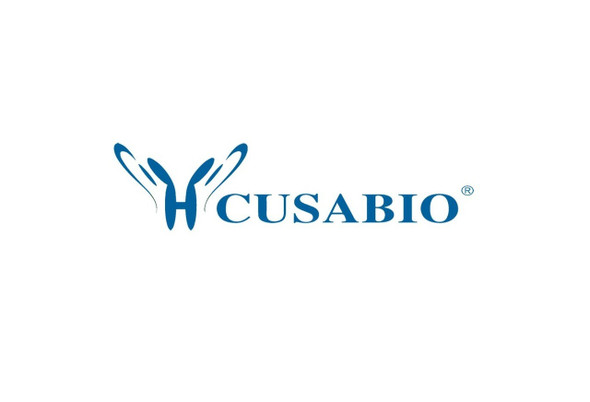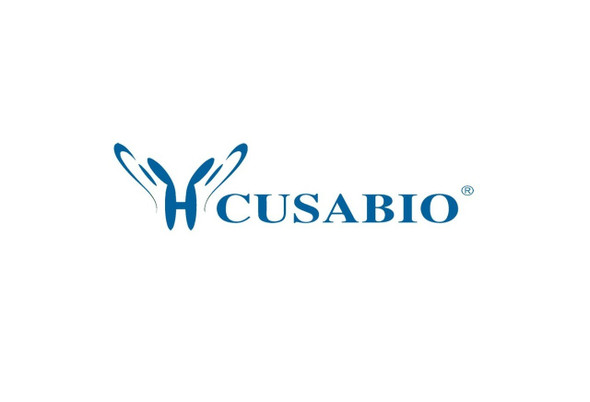Cusabio Polyclonal Antibodies
FGFR1 Antibody | CSB-PA008642KA01HU
- SKU:
- CSB-PA008642KA01HU
- Availability:
- 3 to 7 Working Days
- Size:
- 100ul (100ug)
Description
FGFR1 Antibody | CSB-PA008642KA01HU | Cusabio
FGFR1 Antibody is Available at Gentaur Genprice with the fastest delivery.
Online Order Payment is possible or send quotation to info@gentaur.com.
Product Type: Polyclonal Antibody
Target Names: FGFR1
Aliases: FGFR1; BFGFR; CD331; CEK; FGFBR; FLG; FLJ99988; FLT2; HBGFR; KAL2; N-SAM; OGD; FGF Receptor 1
Background: Fibroblast growth factors (FGFs) produce mitogenic and angiogenic effects in target cells by signaling through cell surface receptor tyrosine kinases. There are four members of the FGF receptor family: FGFR1 (flg), FGFR2 (bek, KGFR), FGFR3, and FGFR4. Each receptor contains an extracellular ligand binding domain, a transmembrane domain, and a cytoplasmic kinase domain. Following ligand binding and dimerization, the receptors are phosphorylated at specific tyrosine residues. Seven tyrosine residues in the cytoplasmic tail of FGFR1 can be phosphorylated: Tyr463, 583, 585, 653, 654, 730, and 766. Tyr653 and Tyr654 are important for catalytic activity of activated FGFR and are essential for signaling. The other phosphorylated tyrosine residues may provide docking sites for downstream signaling components such as Crk and PLCγ.
Isotype: IgG
Conjugate: Non-conjugated
Clonality: Polyclonal
Uniport ID: P11362
Host Species: Rabbit
Species Reactivity: Human, Mouse, Rat
Immunogen: Recombinant protein of human FGFR1
Immunogen Species: Human
Applications: ELISA, WB, IHC
Tested Applications: ELISA, WB, IHC;WB:1:500-1:2000, IHC:1:50-1:200
Purification Method: Affinity purification
Dilution Ratio1: ELISA:1:2000-1:10000
Dilution Ratio2: WB:1:500-1:2000
Dilution Ratio3: IHC:1:50-1:200
Dilution Ratio4:
Dilution Ratio5:
Dilution Ratio6:
Buffer: Buffer: PBS with 0.02% sodium azide, 50% glycerol, pH7.3.
Form: liquid
Storage: Upon receipt, store at -20°C or -80°C. Avoid repeated freeze.
Initial Research Areas: Cardiovascular
Research Areas: Epigenetics & Nuclear Signaling;Neuroscience;Cancer;Cardiovascular;Signal transduction






